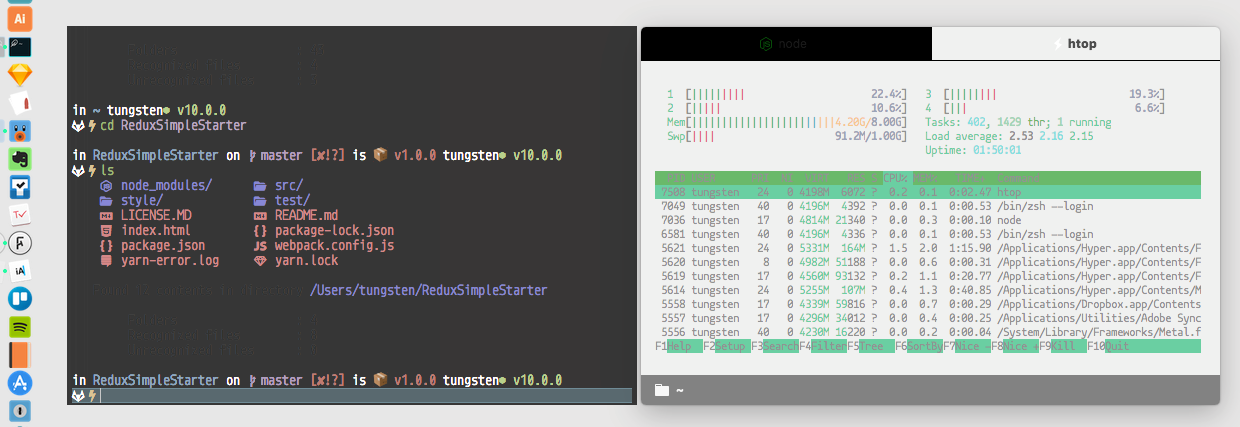
Extended chars ar usually hused thorugh option+character key and shift+option+character key. I beleive terminal is utf-8 by default. Monaco should support the compelete character map. If you open up FontBook you can gain access to the char map there. Additionally you can customize a lot of this type of thing from the preferences pane for terminal. This release brings hundreds of updates for Unreal Engine 4, including 106 improvements submitted by the community of Unreal Engine developers on GitHub! Thanks to all of these co.
Welcome to LinuxQuestions.org, a friendly and active Linux Community. You are currently viewing LQ as a guest. By joining our community you will have the ability to post topics, receive our newsletter, use the advanced search, subscribe to threads and access many other special features. Registration is quick, simple and absolutely free. Note that registered members see fewer ads, and ContentLink is completely disabled once you log in. Are you new to LinuxQuestions.org? Visit the following links: If you have any problems with the registration process or your account login, please.
If you need to reset your password,. Having a problem logging in?
Please visit to clear all LQ-related cookies. Introduction to Linux - A Hands on Guide This guide was created as an overview of the Linux Operating System, geared toward new users as an exploration tour and getting started guide, with exercises at the end of each chapter.
For more advanced trainees it can be a desktop reference, and a collection of the base knowledge needed to proceed with system and network administration. This book contains many real life examples derived from the author's experience as a Linux system and network administrator, trainer and consultant. They hope these examples will help you to get a better understanding of the Linux system and that you feel encouraged to try out things on your own.
To receive this Complete Guide absolutely free. I guess xxd's not as portable as hexdump or od, but it is probably more portable than uni2ascii (i.e., is more likely to be found installed on a *nix machine than uni2ascii). Thats true, but I'm not that concerned about portability, (I'm using slax based Back Track and adding modules is easy) and I'm not doing anything really important, just learning to write my own snort rules and I was getting tired to visit online hex translators But anyways, that ascii2hex is working nicely with my script so thanks again. Hex to ascii is dead easy; bash can do it internally, if they're properly formatted. Just use ' echo -e', printf's%b format token, or the $'.'
Quoting form. See the sections on QUOTING and the echo built-in in the bash man page for full details on what these options can expand. So in post #10 above, the awk command is actually completely superfluous. The characters are converted by echo before they even reach it. As for the reverse direction, there's no built-in way to do it, so see the above. I've also used uniname before to get the hex codes of a string of characters.
Virtualbox osx vm. Arrange by kind to see images, documents, spreadsheets, PDFs, and more sort themselves. And if you tag files with project-specific metadata, like client names, sorting by stacks becomes a powerful way to manage multiple jobs. You can also group your work by date.
Edit: Example use for the string in #9.
A command line multi function tool. Depeche View command line free external tools, zero install effort, usb stick compliant: java sources cpp sources articles Print all ASCII codes of characters of a word on the command line with the free Swiss File Knife for Windows, Mac OS X and Linux. - download the free Swiss File Knife Base from. - open the Windows command line, Mac OS X Terminal or Linux shell. - OS X: type mv sfk-mac-i686.exe sfk and chmod +x sfk then./sfk - Linux: type mv sfk-linux.exe sfk and chmod +x sfk then./sfk OS X and Linux syntax may differ, check the help within the tool. Sfk chars word [word2] sfk. +chars print character codes of all chars of a word, or print chars for the given code(s).